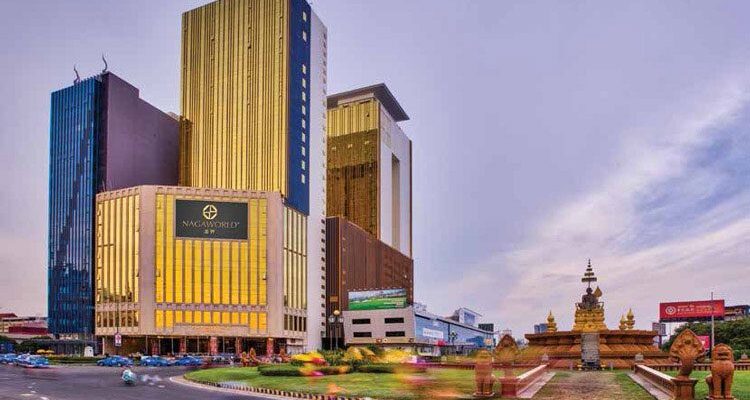Marcos Signs Executive Order: “End of the POGO Era”
On November 8, 2024, President Marcos signed Administrative Order No. 74, instructing the Philippine Amusement and Gaming Corporation (PAGCOR) and related enforcement agencies to revoke all licenses for offshore gaming operations and cease renewals. This marks a firm end to an industry that had flourished since the mid-2010s, bringing billions in revenue but also a surge in illegal activity.
Malacañang Palace said the order was made “in the interest of national integrity, public safety, and regional security,” noting that many offshore gambling firms had been linked to human trafficking, financial fraud, kidnapping, and organized crime.
The Dark Side of POGOs
Initially hailed as a revenue-generating innovation, the POGO industry attracted criticism as criminal cases escalated. Reports from the Department of Justice and the National Police show over 600 cases since 2022 directly linked to offshore gambling syndicates.
Most operators employed foreign workers — primarily from China — and often operated beyond the regulatory scope of PAGCOR, with some hiding in guarded compounds and offering illegal services.
President Marcos, in his 2024 State of the Nation Address, declared:
“We cannot allow an industry cloaked in legality to facilitate crimes that undermine our society.”
Deportation Order: 59 Days to Leave
Following the administrative order, Immigration Commissioner Norman Tansingco announced that all foreign nationals employed by offshore gambling operators must leave the country within 59 days. As of July 2024, the estimated number of affected individuals stood at around 20,000, most of them Chinese citizens.
“This is not a witch hunt. It’s an orderly exit,” said Tansingco. He warned that those who overstay or fail to comply could face deportation or criminal charges.
The economic ripple is already being felt. Property developers and small businesses in Manila, where many POGO offices are located, fear increasing office vacancies, falling rents, and declining demand in ancillary sectors like convenience stores, cafes, and cleaning services.
🇨🇳 China’s Rare Praise: “A Responsible Move”
In an unusual show of diplomatic alignment, China’s Ministry of Foreign Affairs and its embassy in Manila welcomed the decision, stating that online gambling — particularly targeting Chinese citizens — has long been a source of financial and social harm.
The Chinese Embassy said:
“We commend the Philippine government for its responsible and decisive move. Offshore gambling operations have bred transnational crimes and harmed bilateral relations.”
Analysts noted that this was one of the rare public acknowledgments of cooperation between the two countries, which have often found themselves at odds over territorial issues in the South China Sea.
Financial Trade-Off: Social Stability Over Revenue
The Philippine Department of Finance estimates that banning POGOs may result in the loss of over $400 million in annual tax and licensing revenues. However, Finance Secretary Ralph Recto defended the decision, saying:
“The fiscal loss is a price we are willing to pay to restore order and protect our national interests.”
Numerous civic groups and faith-based organizations welcomed the decision, saying it sends a strong signal that the country is prioritizing moral leadership over questionable economic gains.
What’s Next: Toward Lawful Digital Economies
With the POGO ban in effect, policymakers and enforcement bodies are preparing for a new phase of economic transition. Experts have urged the government to:
- Invest in alternative digital industries, such as BPOs and fintech;
- Establish cross-border enforcement pacts with China and ASEAN nations;
- Monitor potential underground shifts in illegal gambling activities.
Legal experts also recommend creating a blacklist database of known operators and a whistleblower program to catch non-compliant firms attempting to rebrand under different guises.
Analysis: A “Win” for Law and Diplomacy
The Philippine crackdown on offshore gambling represents a major policy shift — from tolerating an industry once seen as a cash cow, to zero tolerance in favor of law and order. The unanticipated endorsement by Beijing also suggests a diplomatic “opening” in a generally tense bilateral relationship.
The implications could ripple across Southeast Asia, where other countries have grappled with balancing economic benefits from online gambling and the societal damage it leaves in its wake.













